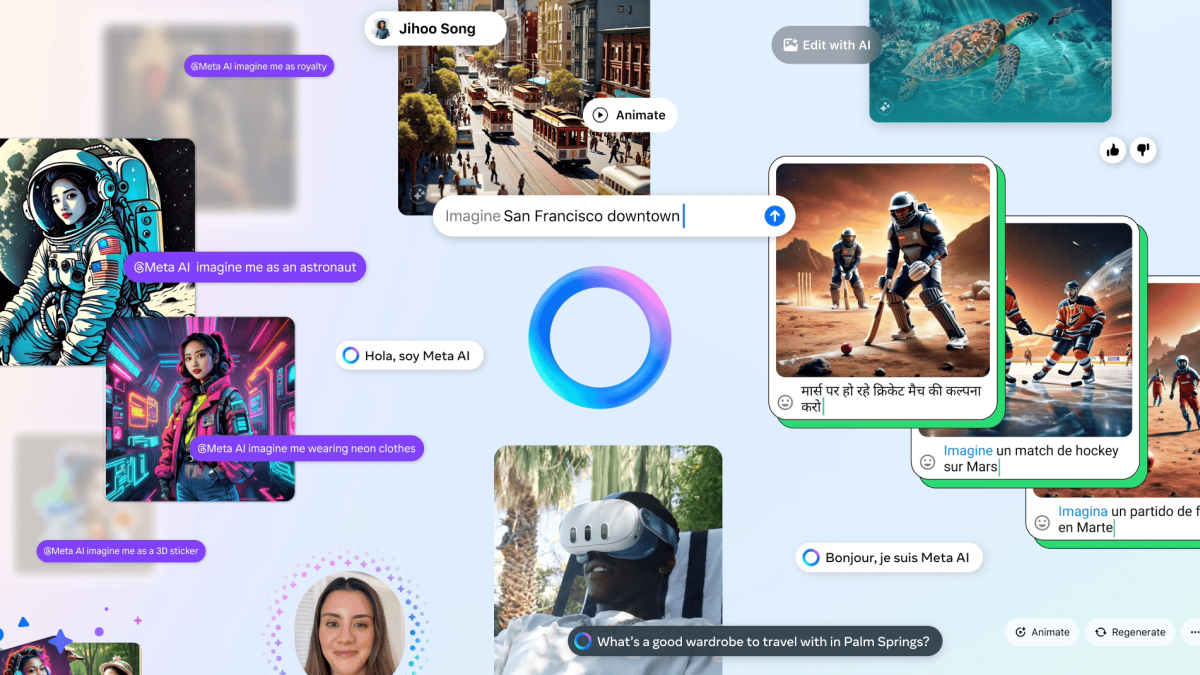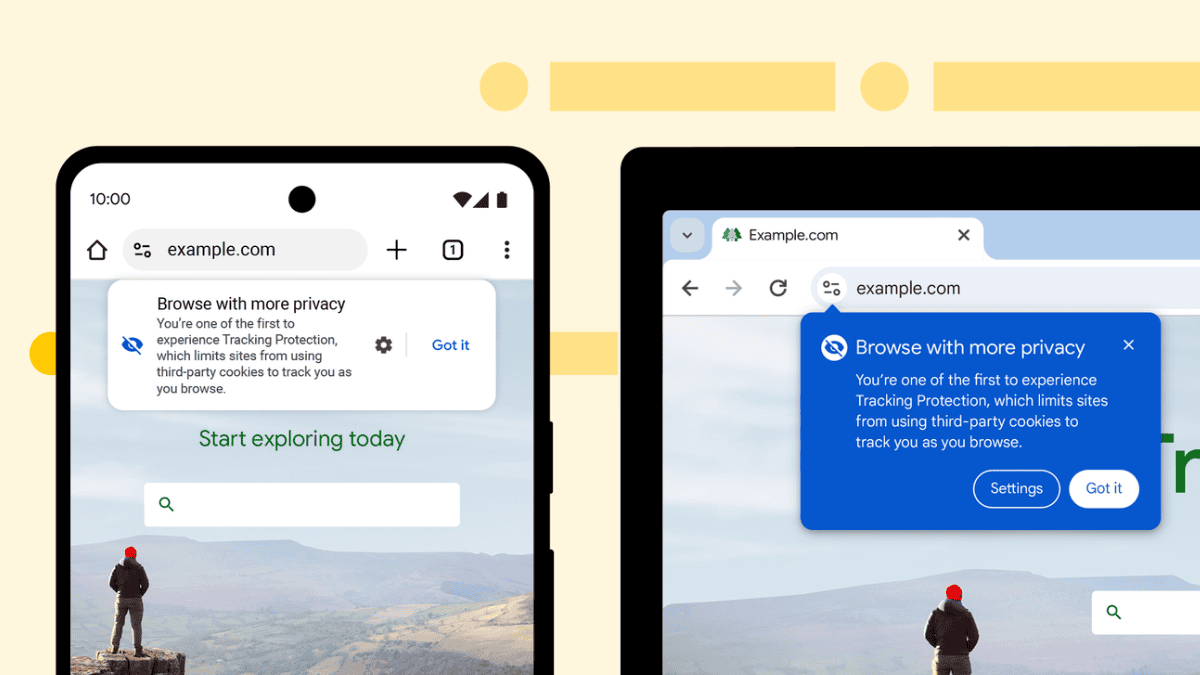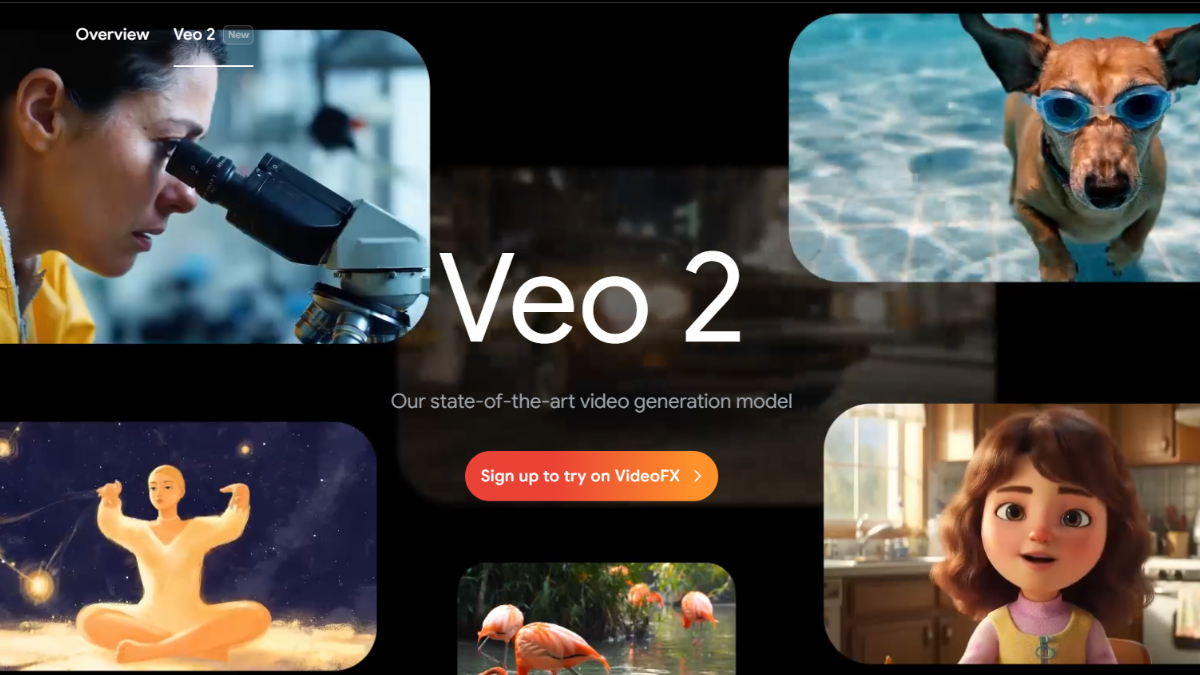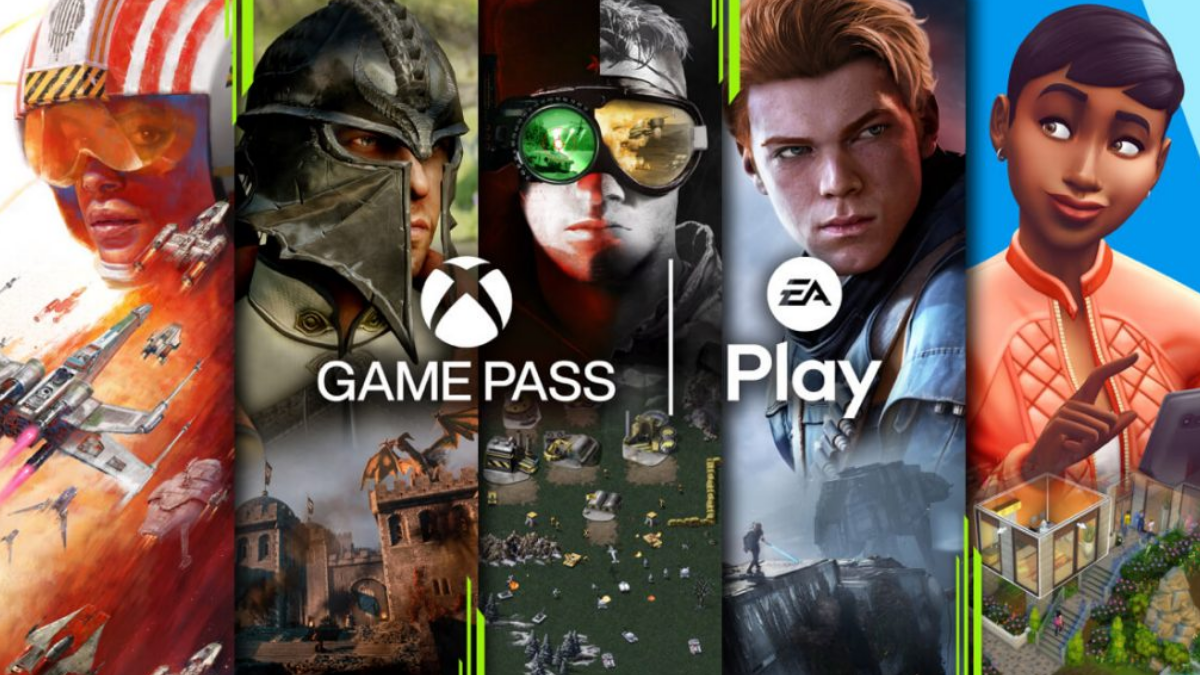Google is hurting themselves with their poor support of Windows
4 min. read
Published on
Read our disclosure page to find out how can you help MSPoweruser sustain the editorial team Read more

Google is one of most important information service providers in the world, but when it comes to native apps on Windows there is startlingly little support.
This contrasts to the more than 91 native Google apps on iOS, indicating that the company is not adverse to creating native non-web experiences, except for Windows.
Many would say this lack of support for the Windows platform is a strategic move, given the history of animosity and competition between Microsoft and Google, though we note a similar level of competition exists between Apple and Google.
Others may suggest the large screens and good web browsers available on the desktop negate the need for native applications on the desktop.
This last point is however debatable. Besides the ease of rapidly updating web apps and their cross-platform availability (negated by the fact that most of Google’s web apps are applications on the important mobile platforms), it is still the case that native apps offer greater performance and are better able to use local resources.
A good example of this is Google’s Google Assistant feature, which is rumoured to be heading to their Chromebook platform (and of course not as a web page). To have an ever-present voice-activated personal assistant as a web app will probably not provide the best experience. Or imagine replacing Google Chrome with a web app on Edge. This is the level of optimization Google is robbing Windows users from by insisting on web-only applications.
Given that web apps offer a worse experience than well-done native apps, there is no doubt Google’s customers on Windows suffer from the neglect of the company, but what about Google themselves?
By not offering good support on the most productive platform in the world, with the largest canvas in terms of screen real estate, Google is having reduced engagement from users when they are using their Windows PC. With no Google Assistant on their PC, Google is receiving no usage data from users on that platform until they return to their phone. By forcing Windows users to access YouTube using the web, they open themselves up more widely to viewers using ad blockers. By not offering a native Photos app many Android owners do not even know they can view their photos on the web, and are turned off by the slow performance in any case.
The short of it is that Windows users are simply less engaged with Google services than mobile users, and a large part of that is due to Google simply not making any effort. Despite Google’s efforts, it does not seem the desktop is going away anytime soon, and with Chromebooks still less than 1% of web usage Google is hurting not just users but themselves by not supporting Windows better.
It also leaves the door open for Microsoft or another company finally getting it right and stealing users away from Google services, particularly because Microsoft is making every effort to be cross-platform. As an example, OneDrive users on the desktop may back up their Android photos to OneDrive because it makes it easy to show off to family and friends on the big screen using the Photos app, and because they use the Photos app they will be offered Office 365 for its 1 TB of storage, which includes a native Word app on both the PC and their Android phone instead of clunky Google Docs.
Such a virtuous circle cuts Google out of the picture, and while it is not guaranteed is made more likely by Google’s neglect of Windows.
In short, Google, as the quote goes, “You cannot hurt someone else without hurting yourself first.”









User forum
0 messages